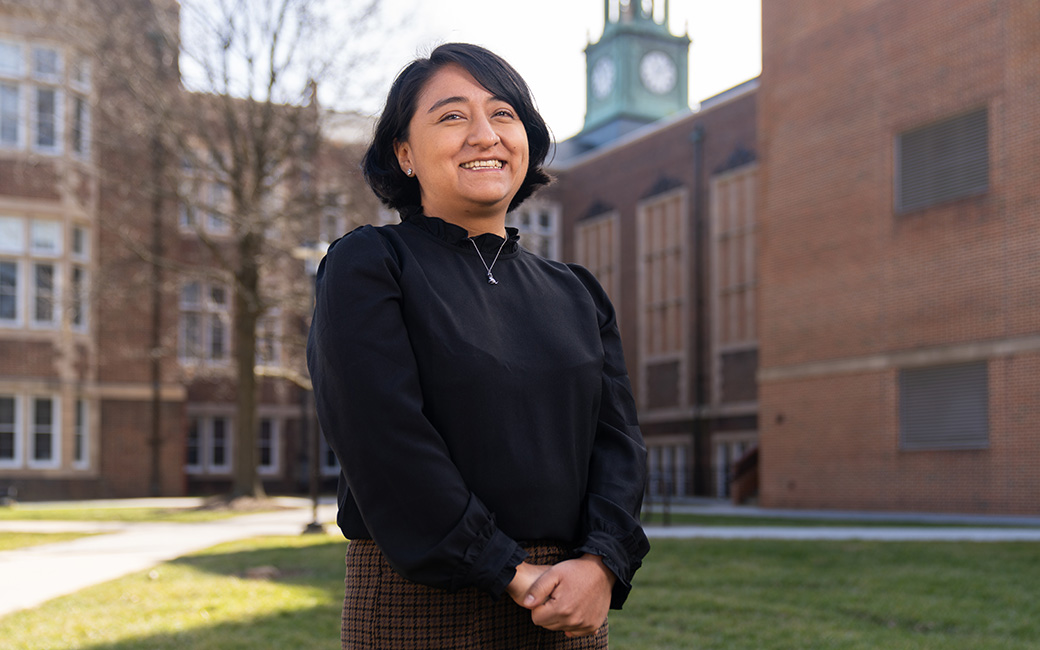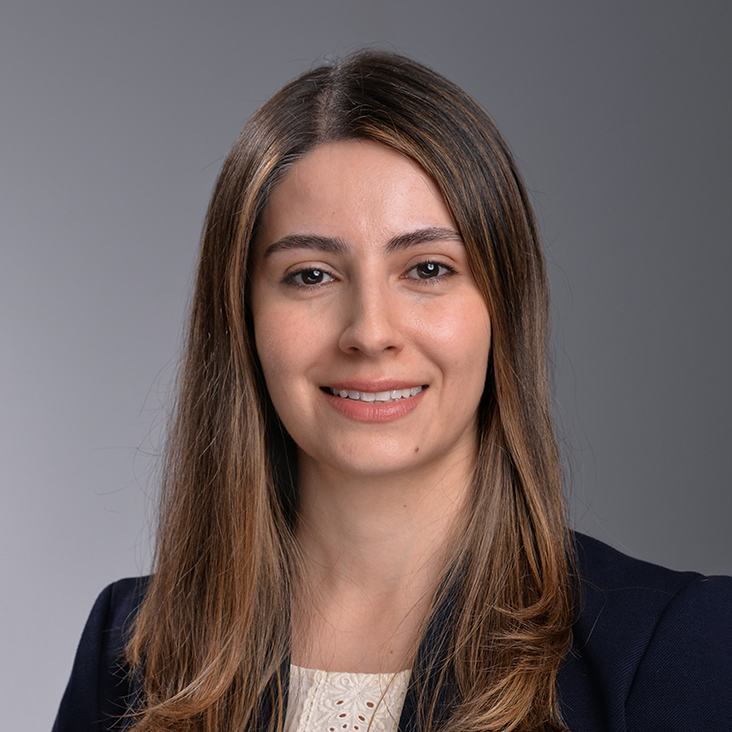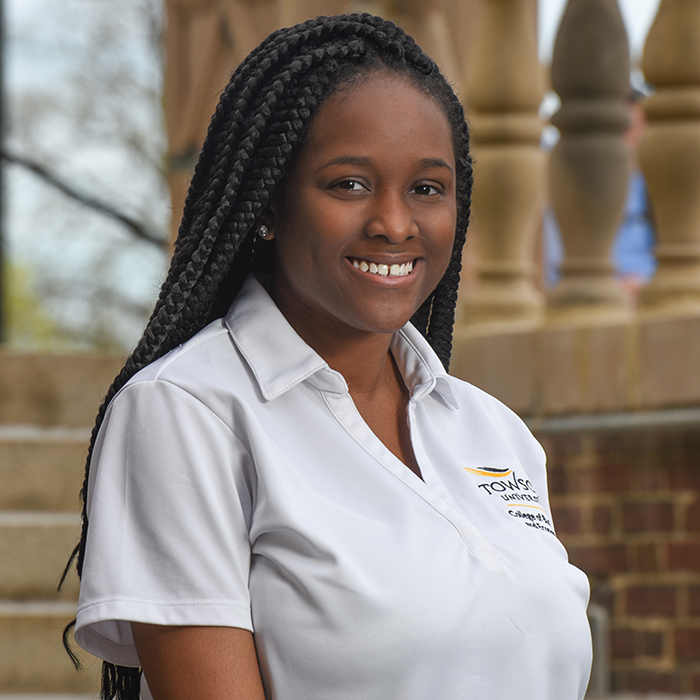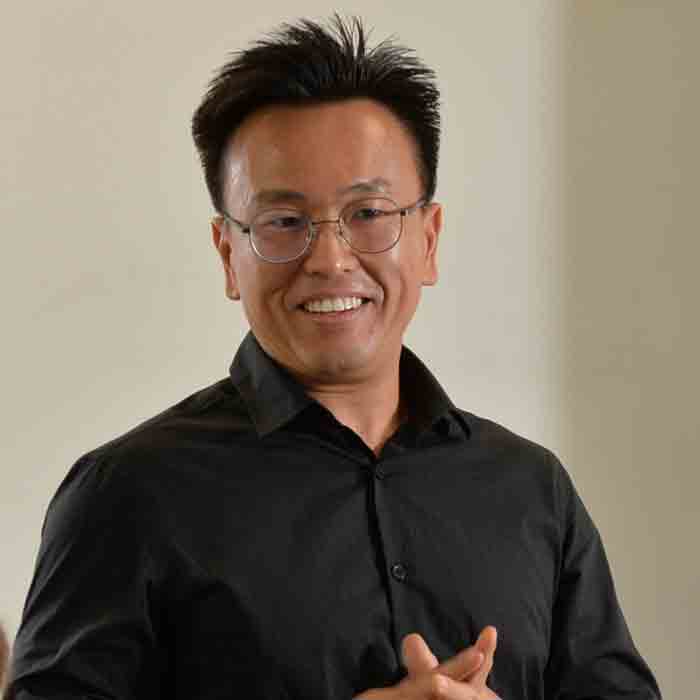Why Study Economics?
Gain knowledge and tools to analyze the American economic system and the international and domestic economic forces that determine production, prices, profits and incomes.
TU’s diverse campus makes it an ideal environment for Chris Boyd Leon to teach economics from a different point of view.

An assistant professor in TU’s Department of Economics, Chris Boyd Leon looks at economics from a point of view far beyond the financial markets. Her atypical approach to the field changes student perspectives and motivates many of them to participate in research projects.
In her introductory microeconomics classes, she teaches students to apply economics to everyday life. In more advanced economic development classes, she gives students tools “that make them competitive for private, non-profit and government jobs.”
“I encourage my students to do research, whether it is working with survey data or creating their own primary data, like running lab-in-the-field experiments,” Boyd Leon explains. Her study abroad class, “Survey Design and the Economics of Coffee in Peru,” will run in the minimester 2025 and combines classroom and fieldwork experience. “Many students in the department want to do an independent study,” says Boyd Leon. “The reward is witnessing great outcomes for those student researchers in the job market.”
“ I encourage my students to do research, whether it is working with survey data or creating their own primary data, like running lab-in-the-field experiments. ”
Boyd Leon is a strong believer that teachers of the same race and ethnicity as their students can have a significant influence as role models. She believes just as strongly in the value of mentors in advising and counseling students and works closely with her students to advance their studies and their careers.
A recent paper in progress, which includes an undergraduate student researcher as co-author, examines the impact of air pollution on child health in rural areas in Peru. Another published study explores the implications of climate change on child health in Uganda. In this paper Boyd Leon finds that while rainfall variability impacts mothers’ daily use of time, this change is not affecting the health of their children.

Accounting professor Mehrzad Azmi finds fun in the details of accounting, fitting pieces of information together to see the big picture.
More about Prof. Azmi
Detail-oriented, organized, and with a knack for numbers, Olubusayo Shabi says the accounting major “highlights my innate skills.”
More about Olubusayo Shabi
Accounting professor Jin Park reveals how environmental issues can have a significant impact on organizations and their financial outlooks.
More about Prof. Park